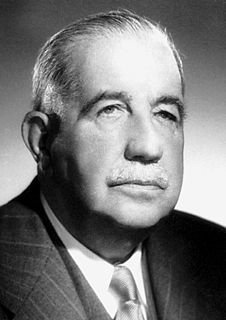A Quote by Arthur Scargill
All too often miners, and indeed other trade unionists, underestimate the economic strength they have.
Quote Topics
Related Quotes
I sometimes wish the trade unionists who work in the mass media, those who are writers and broadcasters and secretaries and printers and lift operators of Thomson House would remember that they too are members of our working class movement and have a responsibility to see that what is said about us is true.
This relationship is the foundation for the argument, made by some trade unionists and labour advocates, that high wages can actually be "good for business". The precedent set by Henry Ford in 1914, who offered workers $5.00 per day (a very high wage at the time) so they could afford to buy the same cars they made, is often invoked.
Managing the other fellow's business is a fascinating game. Trade unionists all over the country have pronounced ideas for the reform of Wall Street banks; and Wall Street bankers are not far behind in giving plans for the tremendous improvement of trade union policies. Wholesalers have schemes for improving the retailer; the retailer knows just what is wrong in the conduct of wholesale business-and we might go through a long list.... Yet for some reason the classes that ought to be helped keep on stubbornly clinging to their own method of running their affairs.

































